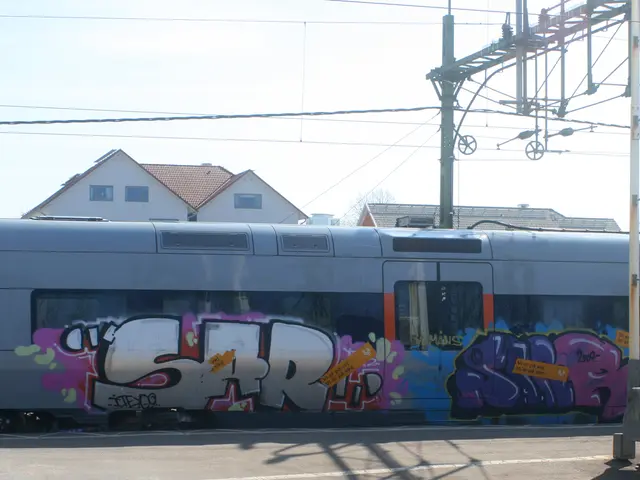Berlin’s hotels embrace migrant trainees as labor shortages loom
Berlin's hospitality sector is witnessing an increase in trainees with migrant backgrounds, with 44 percent now having roots outside Germany. Among them is Mahmood Achikzehi, an Afghan refugee who arrived in 2015 and is poised for promotion. Integration commissioner Andreas Tölke believes this trend can help address future labor shortages.
Achikzehi, who began his apprenticeship in 2019, faced language barriers but has since become a mentor to other refugee trainees at the ibis Berlin City hotel. His success story coincides with the share of trainees with migrant backgrounds rising by 17 percent in 2024 compared to 2023. Many of these trainees hail from countries like Vietnam, Syria, and Ukraine.
However, the process is not without challenges. The Berlin Office for Immigration's slow processing of training contracts and residency permits can lead to dropouts and even deportation threats. Tölke, a mentor for refugee apprentices, advocates for more public funding to support the training of refugees and reduce the high dropout rate. He believes integrating refugees into the labor market benefits the broader economy.
Achikzehi's promotion to shift supervisor at the ibis Berlin City hotel is a testament to the potential of refugee trainees in Germany's hospitality sector. As the number of trainees with migrant backgrounds continues to rise, addressing bureaucratic hurdles and providing adequate support will be crucial to ensure their successful integration into the labor market.
Read also:
- Federal Funding Supports Increase in Family Medicine Residency Program, Focusing on Rural Health Developments
- Potential Role of DHA in Shielding the Brain from Saturated Fats?
- Alternative Gentle Retinoid: Exploring Bakuchiol Salicylate for Sensitive Skin
- Hanoi initiates a trial program for rabies control, along with efforts to facilitate the transition from the dog and cat meat trade industry.







